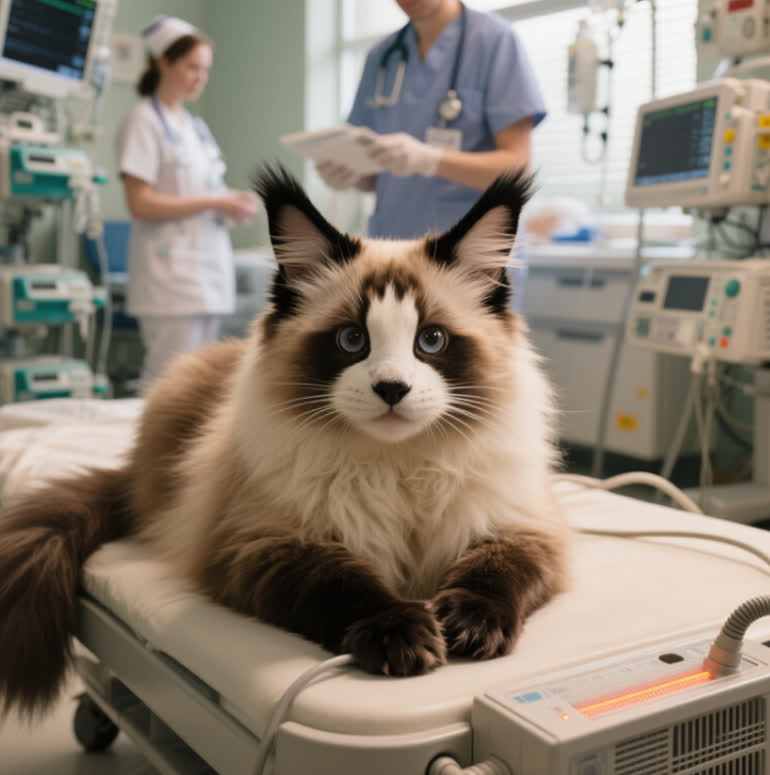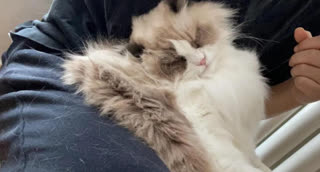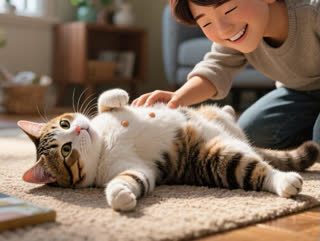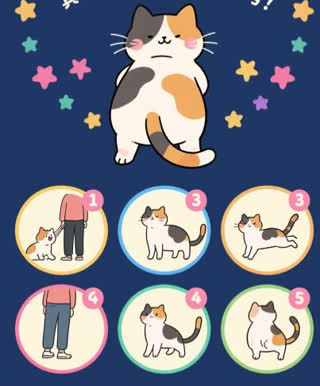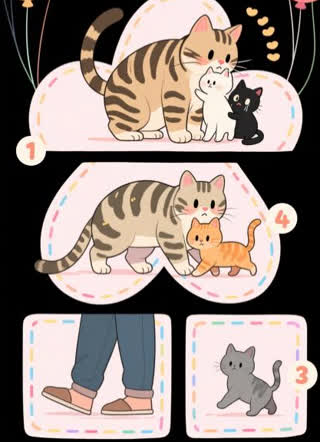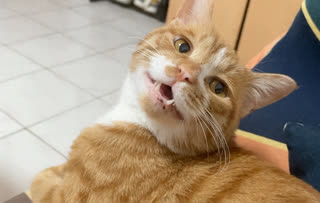Maine Coon cats, known for their majestic size and affectionate personalities, are prone to joint issues like arthritis as they age. Their large frames and active lifestyles put extra strain on their joints, leading to stiffness, pain, and reduced mobility. For owners seeking compassionate solutions, a heated bed for Maine Coon cat arthritis relief offers a soothing way to alleviate discomfort while promoting restful sleep. This guide explores how heated beds work, their benefits, and complementary strategies to improve your gentle giant’s quality of life.
Understanding Arthritis in Maine Coon Cats
Arthritis, particularly degenerative joint disease (DJD), is common in aging cats, with studies showing over 60% of senior cats exhibit radiographic signs of joint degeneration. Maine Coons, due to their size and genetic predisposition, are especially vulnerable. Symptoms include reluctance to jump, limping, reduced activity, and even behavioral changes like irritability.
Early intervention is critical. While medications like NSAIDs or supplements (e.g., glucosamine and omega-3 fatty acids) are often prescribed, environmental adjustments—such as a heated bed for Maine Coon cat arthritis relief—play a vital role in managing chronic pain.
Why a Heated Bed Benefits Arthritic Maine Coons
Heat Therapy for Joint Pain
Warmth from a heated bed increases blood flow to stiff joints, reducing inflammation and easing muscle tension. This is particularly beneficial for Maine Coons, whose weight exacerbates pressure on hips and elbows.Improved Sleep Quality
Arthritic cats often struggle with disrupted sleep due to discomfort. A heated bed provides consistent warmth, mimicking the natural coziness they seek, which aligns with studies showing pets sleep better in quiet, stress-free environments.Reduced Stress and Anxiety
The soothing effect of heat can lower cortisol levels, promoting relaxation. This is crucial for cats with chronic pain, as stress worsens inflammation.Support for Mobility
A well-padded, heated bed minimizes pressure on joints, allowing your cat to rest without aggravating sore areas. Pairing this with ramps or low-step access to favorite spots further reduces strain.
Choosing the Right Heated Bed for Maine Coon Cat Arthritis Relief
Not all heated beds are created equal. Consider these factors:
Temperature Control: Opt for beds with adjustable settings to avoid overheating.
Orthopedic Design: Memory foam or thick padding supports joints and distributes weight evenly.
Safety Features: Look for chew-resistant cords and auto-shutoff functions.
Size: Ensure the bed accommodates a Maine Coon’s large frame (typically 18–24 inches long).
Brands like K&H Pet Products or PetFusion offer models tailored for large breeds, combining warmth with durability.
Complementary Strategies for Arthritis Management
Nutritional Supplements
Supplements like Dasuquin® (with glucosamine and chondroitin) or omega-3-rich fish oil can slow cartilage degradation. Always consult your vet before introducing new supplements.Environmental Modifications
Ramps and Steps: Reduce jumping strain with pet-friendly stairs to high perches.
Soft Bedding: Layer heated beds with plush blankets for added comfort.
Low-Entry Litter Boxes: Minimize joint stress during bathroom trips.
Controlled Exercise
Gentle play sessions or swimming (for water-tolerant cats) maintain muscle tone without overloading joints.Regular Vet Checkups
Routine screenings help monitor disease progression. Advanced cases may require laser therapy or prescription pain management.
Preventing Arthritis in Younger Maine Coons
While genetics play a role, proactive care can delay onset:
Weight Management: Obesity accelerates joint wear. Feed high-protein, low-carb diets tailored for large breeds.
Joint-Supportive Diets: Incorporate omega-3s and antioxidants early to protect cartilage.
Avoid Overexertion: Limit repetitive high-impact activities during growth phases (up to 3–4 years).
A heated bed for Maine Coon cat arthritis relief is more than a luxury—it’s a cornerstone of compassionate care for arthritic felines. By combining thermal therapy with targeted supplements, environmental adjustments, and regular veterinary care, you can help your Maine Coon enjoy a pain-free, active life. Remember, early intervention and a holistic approach are key to managing this progressive condition.
